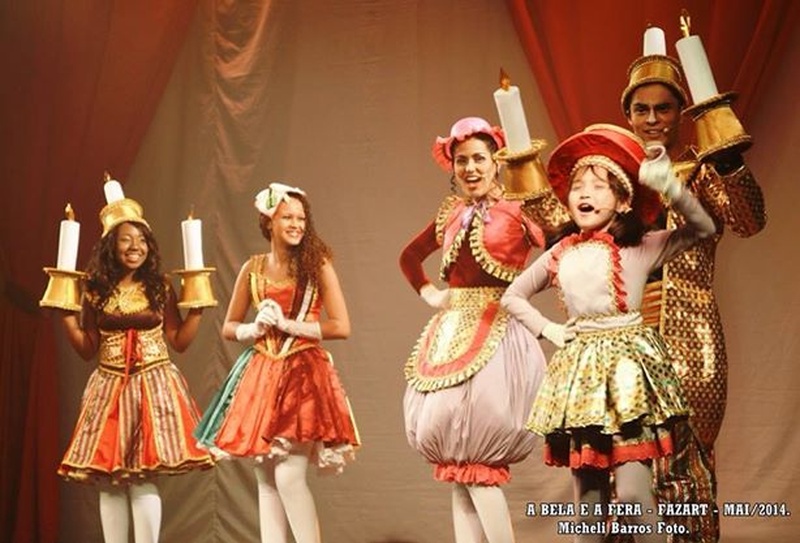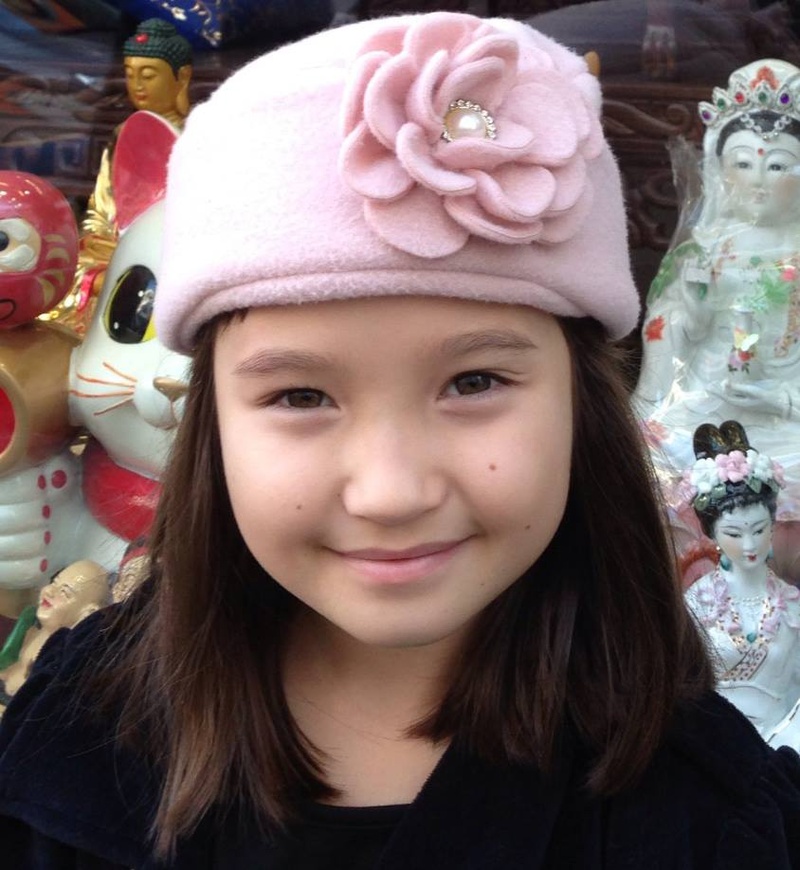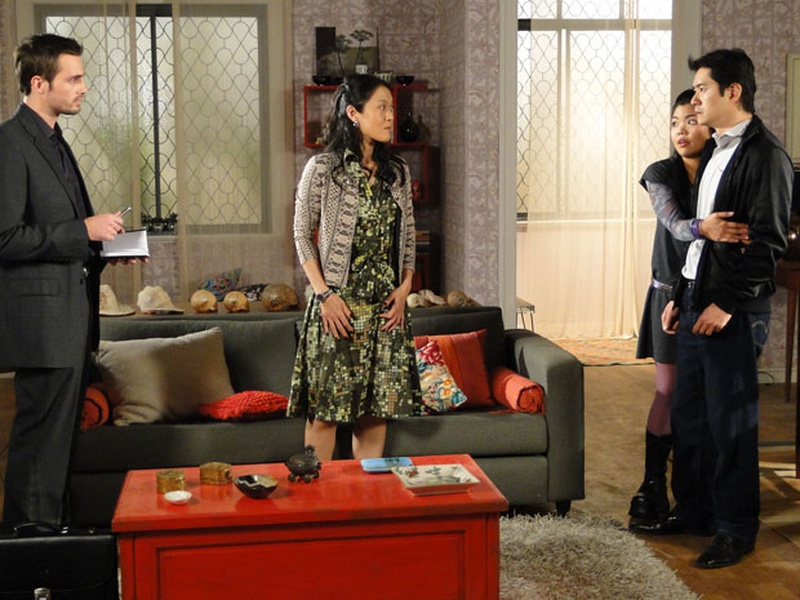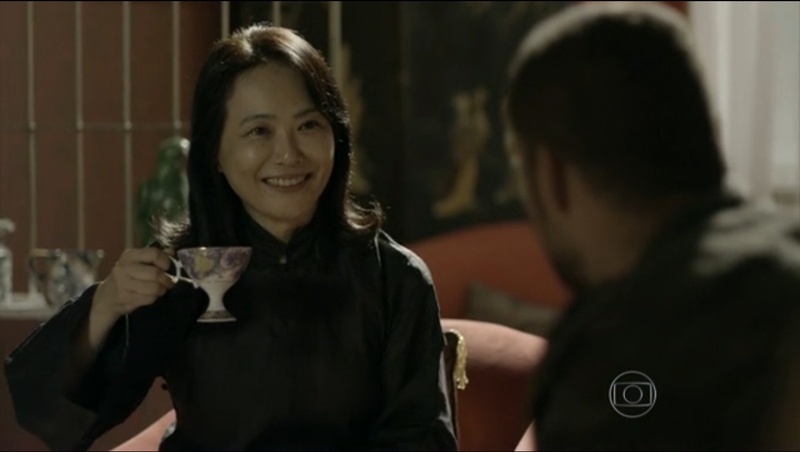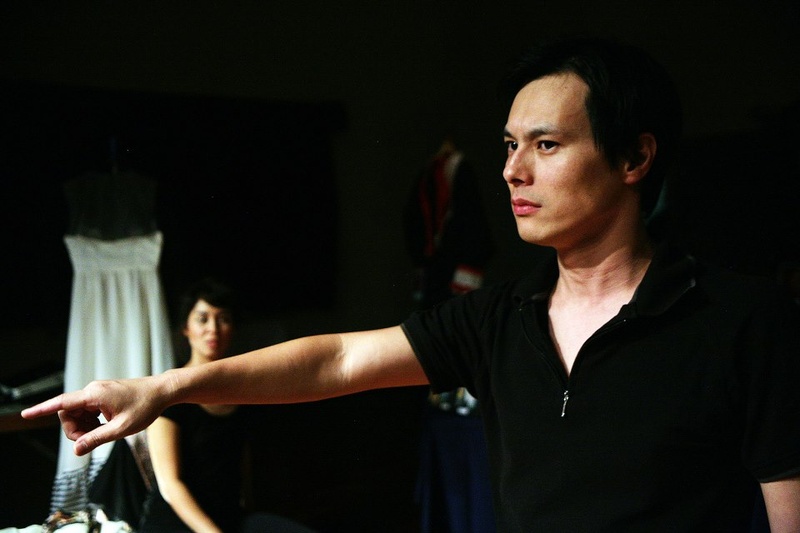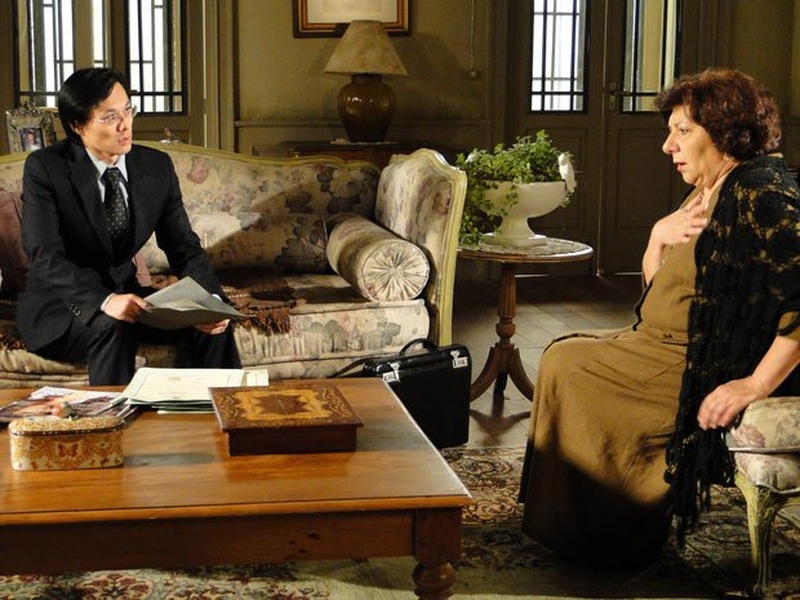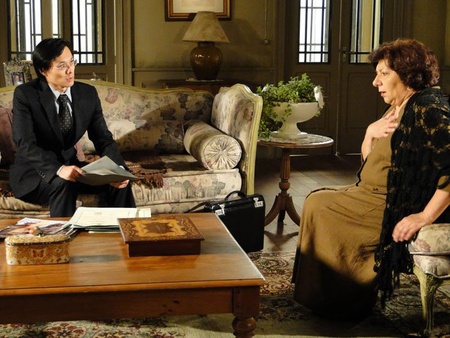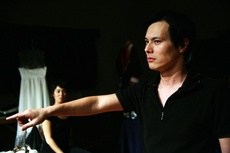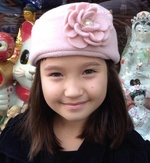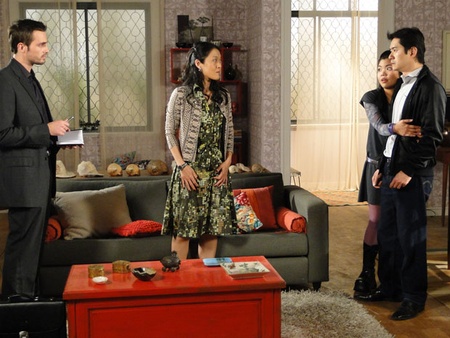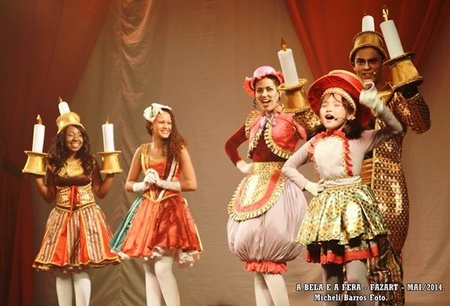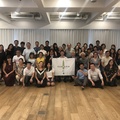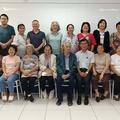During the early years of Japanese immigration in Brazil, Japanese workers dedicated themselves to activities related to agriculture. Then, branching out into trade and other jobs.
Nowadays, Japanese and their descendants (called Nikkei) are in almost all working fields. Although in small numbers, today, it is possible to see them on TV, cinema, and theater.
Family concerns
“Since I always had a conscious attitude in what I do, they always encouraged my decisions. However, the concern about money and the instability also existed,” says actor Marcos Miura, 40 years old, third generation Nipo-Brazilian.
Marcos graduated in Marketing and was working in this area when he discovered acting. “In the beginning, I considered it a hobby. Nevertheless, I became a professional actor, but did not know if I would make a career out of it. During an audition to a musical play, I quit my job and, from that moment, I started my career as an actor.”
In the family of the actress Camila Chiba, 27, third generation, the reaction was similar. “During high school, I already was involved in acting and took part of student festivals. My parents saw that as a hobby. After, there was the acting college. Then, my father expressed his concern about the future. Later, they saw my achievements, my growth. Today, they support and cheer for each job.”
“In the beginning, it was really hard, especially for my father,” tells actress Érica Suzuki, 32, third generation. “He thought that was an illusion. He did not support me in any way. I started to work hard, and made some money, from which I could make a living and invest in my career myself. He noticed I was happy and now supports me.”
Stereotypes
In Brazil, the presence of Orientals (not only Nikkei) in commercials, soap operas, and movies are largely marked by stereotypes.
“The field of work for Asians is still limited. The standard image imposed in Brazil is characters for white actors. Black people had already managed to overcome this obstacle, achieving lead roles on TV and cinema. Unfortunately for us, Asians, there is still a blurred view, and the roles for us, generally, are the stereotyped ones,” Marcos criticizes.
These roles are usually related to jobs done by the Japanese immigrants during their early years in Brazil, such as farmer, dyer, and fruiter. In other cases, they are shown as techies, martial artists, or sushi chefs.
In most of the situations, they are made to be funny or naive, usually saying “ne” in the end of every line, and with a somewhat derogatory accent.
“When I am asked to say any stereotyped line, I do not even take part [of the audition]. I make it clear that a woman of my age, born in Brazil, does not misspell words, nor speak with an accent,” states actress Cristina Sano, 50, second generation.
Érica relates an emblematic case. “It was an audition for a beer commercial that would take place in China. In the script, a famous singer would wake up in China and see its everyday life. A Chinese woman passes by, and he thinks [a word play in Portuguese which means that the body of Oriental women is flat]. I immediately said that it was prejudice, so did the other Asian girls. We did the audition, but, before I left, I asked to the producer to withdraw my application because I would not do that job. It was pure prejudice.”
Despite the complaints, there was no reply from the advertising agency in charge of that commercial, which was aired without that scene.
According to Marcos, the Asian actor is also responsible for the building of their own reputation. “There are times when I have to stand as a person and as a professional, and not accept any kind of job, because what I do reflects directly in a way that reinforces or builds our image.”
“Sadly, we are still seen as foreigners,” regrets Camila. “But I believe that, today, it has improved a lot. I myself had done some roles on TV in which I was part of a family, and, in another job, I went from nurse to funk dancer. So, little by little, perception of the Nikkei community in Brazil and its everyday life is becoming close to our reality.”
In fact, newer generations already finds a society that knows much more about Japan and Japanese Brazilians, compared to past decades.
“I do not feel prejudice when she attends auditions. She is summoned to auditions, and, like everybody else, gets approved in some and not in others—not considering the Asian factor,” says Ana Murai, mother of kid actress Carol Murai, 9, fourth generation, descendant of Japanese and Spanish.
“Carol did an audition for a soap opera in which the role was to be a little girl that came from a French boarding school, with an accent. Despite being Asian, Carol got the role.”
“Persevere”
In spite of all the hardships, they all believe that, in the future, the situation will get better, and state the bright side of their work.
“In later years, there are much more Asians on TV and in commercials. Carol enjoyed a lot to watch Camila Chiba in ‘Amor à Vida’ [‘Love to Life’, Brazilian soap opera]. Every time [Asians] appear on TV, she says: look, mommy, Japanese on TV,” tells Ana.
“I would like that we were considered for regular roles; that show Asian people inserted in everyday life of Brazilian people. I wish writers, directors, and producers would call more Asians to compose the cast of soap operas, series, plays,” says Camila.
Cristina states that an increase of the number of Asian actors is needed. “The more qualifyed actors we have, the more productions will appear.”
“Many times, we do not have the opportunity to develop and show our work, but the passion for acting is always greater, so I continue to endure in this market,” says Érica.
“I have always enjoyed to talk to the elder, the more experienced ones, and what I hear is: persevere. I will never quit as an actor. I still have hope that the general scenario will change, that Asians will be shown with dignity and respect. I notice the fourth and forthcoming generations already live another reality; people see them in another way. I feel we are walking towards better days,” ends Marcos.
The bright side
“I see this profession as a transforming agent that is able to help people’s growth. Involves much the concept of fantasy, playfulness, fame. I think it is important that the actor uses its visibility and enchantment created in a positive way; to use our work towards something helpful and instructive.” (Marcos Miura)
“What delights me is the possibility to live many personas. To study different minds, gestures, and to be aware of everything around. There is no monotony; the mind is always on the move. There is also the opportunity to travel, to meet other cultures.” (Camila Chiba)
“The best side of the profession is the look developed based on the constant work of observation, attention, and perception of the other and of ourselves.” (Cristina Sano)
“The bright side is to be able to show our work and meet amazing people and places. It is really special to meet people that, after work ends, become friends for life.” (Érica Suzuki)
© 2014 Henrique Minatogawa


